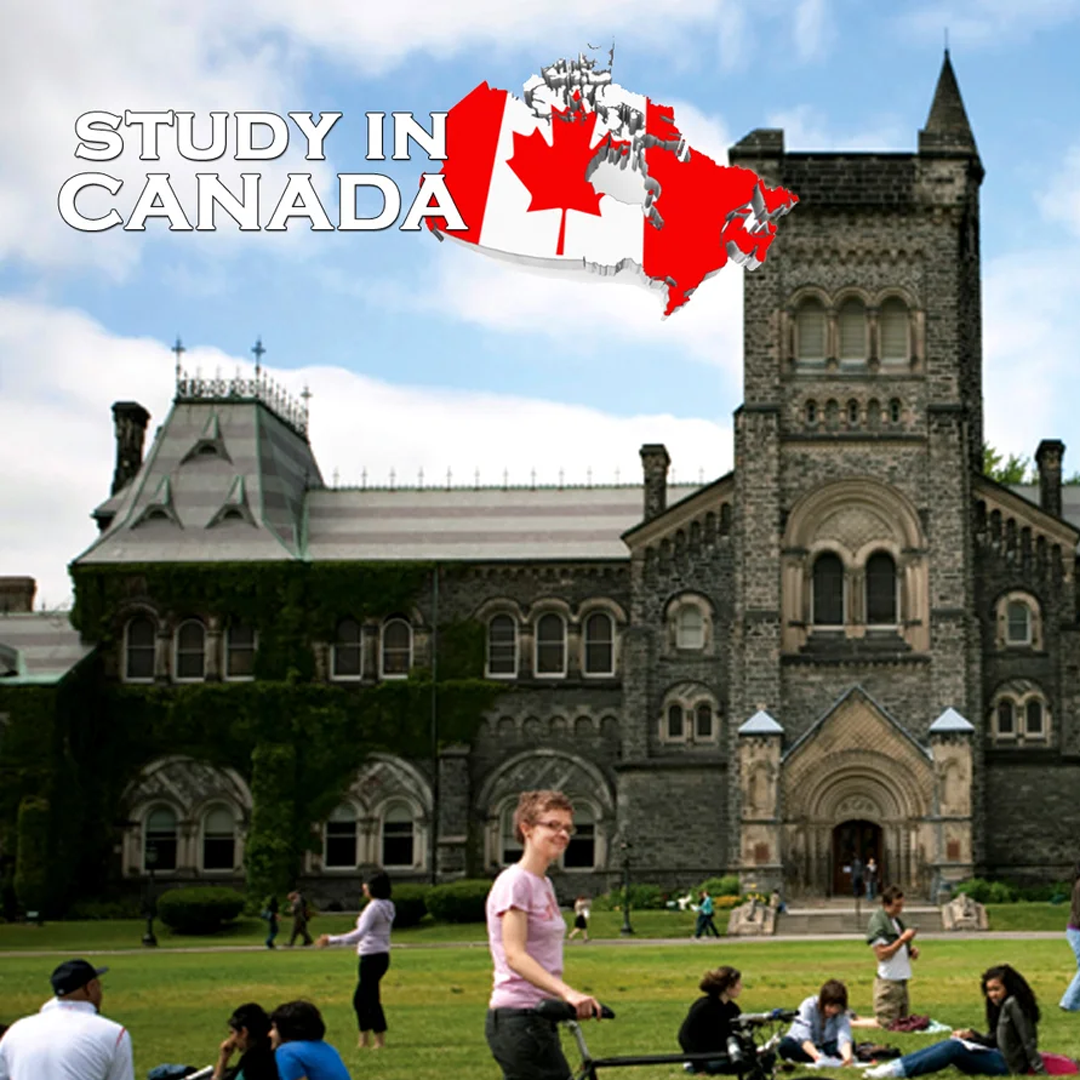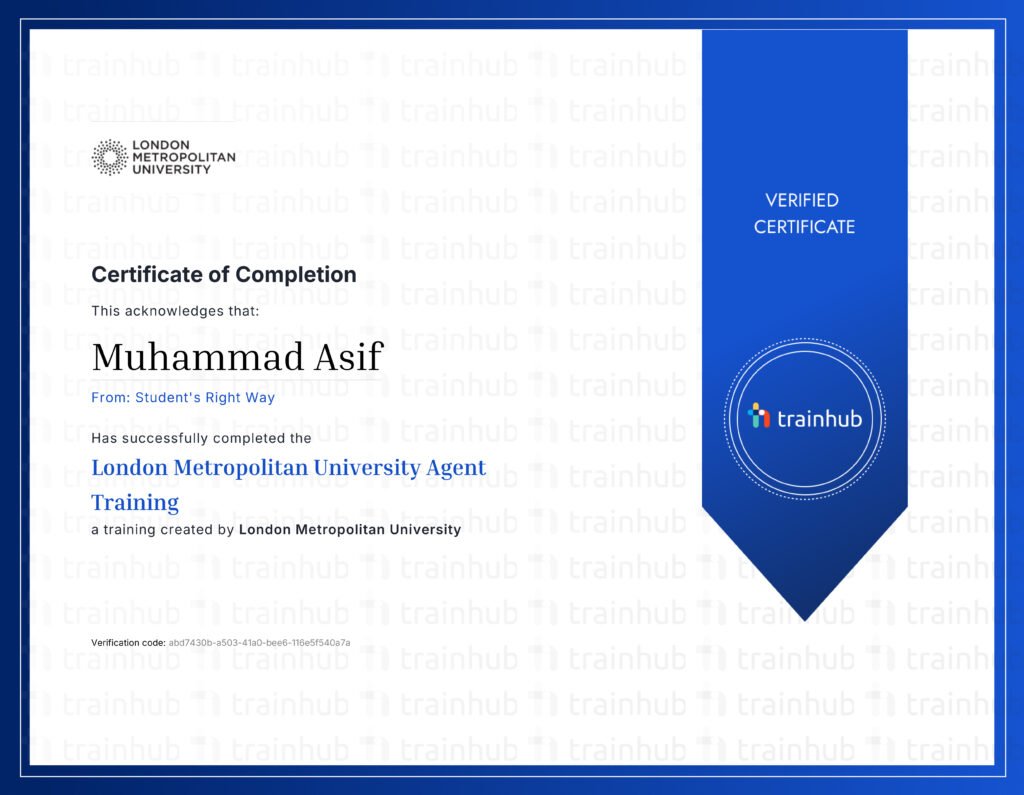Introduction to Canada’s Education Landscape
Canada boasts a well-regarded education system that attracts international students from across the globe. Renowned for its quality and diversity, the Canadian education landscape offers a range of programs tailored to the interests and needs of students. International students have the opportunity to pursue diplomas, degrees, and certifications in various fields, ensuring they receive a comprehensive education that meets global standards.
The appeal of studying in Canada extends beyond the credentials earned. The country is celebrated for its multicultural environment, where students from diverse backgrounds come together, fostering a unique learning experience enriched by various perspectives. This inclusivity not only enhances the academic environment but also prepares students for the globalized job market by helping them develop essential interpersonal and cross-cultural skills.
In addition to the cultural benefits, Canada’s education system is characterized by access to cutting-edge research opportunities. Many Canadian institutions are at the forefront of research and innovation, giving students the chance to engage in projects that contribute to advancements in their chosen fields. This exposure not only enhances learning but also provides practical experience that is invaluable in today’s competitive job market.
Moreover, Canada is home to a variety of educational institutions, including universities, colleges, and technical schools, each offering unique programs and pathways. This diversity allows international students to choose the educational route that best aligns with their career aspirations. With a commitment to academic excellence and a supportive environment, Canada remains a prime destination for students seeking quality education that can lead to a successful future.
Emerging Job Markets in Canada
Canada’s job market has been evolving rapidly, particularly in sectors driven by technological advancements and societal changes. As more international students complete their studies, it is essential to understand which industries are poised for growth and offer promising employment opportunities. Among the most significant emerging job markets in Canada, technology, healthcare, and renewable energy stand out due to their increasing demand for skilled professionals.
The technology sector continues to exhibit remarkable growth, driven by innovation and digital transformation. According to the Government of Canada’s Job Bank, employment in the tech industry is projected to grow by 11% from 2019 to 2028. Key areas of opportunity include software development, data analysis, and cybersecurity. With the ongoing integration of artificial intelligence and machine learning across various sectors, the demand for tech-savvy professionals is expected to remain robust.
Healthcare is another pivotal sector experiencing significant expansion. The aging population in Canada has led to an urgent need for qualified healthcare workers. Statistics Canada highlighted that the healthcare and social assistance industry is projected to add over 1.2 million jobs by 2029, driven by demands for nursing, personal support work, and health administration roles. International students with qualifications in healthcare-related fields will find ample opportunities in hospitals, clinics, and community health services.
Furthermore, the renewable energy sector is becoming increasingly vital as Canada aims to meet its climate goals. The transition to green energy sources invites a host of new roles, particularly in solar and wind energy. Reports from Natural Resources Canada indicate that employment in this sector could grow by 30% by 2030, creating roles in engineering, project management, and environmental science. These statistics underline the importance of equipping oneself with the right skills to navigate these dynamic job markets.
As international students prepare to enter the Canadian workforce, understanding these emerging job markets is crucial for making informed career choices, ensuring that they capitalize on the opportunities available in a rapidly changing employment landscape.
The Role of Education in Career Development
Education serves as a cornerstone for career development in Canada, particularly for international students who aim to establish their professional footing in the country. Obtaining a Canadian qualification not only meets the educational standards recognized by employers but also demonstrates a commitment to adapting to the Canadian work environment. Degrees and diplomas from accredited Canadian institutions are often viewed favorably by hiring managers, enhancing the employability of graduates and providing them with a competitive edge in the job market.
Moreover, practical experience gained through internships and co-op programs is invaluable. These programs bridge the gap between theoretical knowledge and real-world applications, enabling students to develop essential skills and competencies that are highly sought after by employers. Engaging in work placements while studying not only allows students to gain hands-on experience but also helps them understand workplace dynamics and Canadian organizational culture. Such experiences are often pivotal for students transitioning from classroom environments to professional settings, significantly improving their chances of securing desirable employment upon graduation.
Networking also plays a crucial role in shaping career development. Establishing connections within Canadian professional circles can lead to various opportunities, including job referrals, mentorship, and industry insights. Professional networking can occur through university events, workshops, or industry conferences, where students can engage directly with potential employers and industry leaders. Building relationships within one’s field of study not only enhances visibility but also fosters a support system that can be beneficial for career growth.
In essence, education in Canada equips international students with the qualifications, experience, and connections necessary for successful career advancement. By leveraging these resources, students can navigate through the complexities of the job market and develop rewarding professional trajectories.
Pathways to Permanent Residency for Graduates
International students completing their studies in Canada have multiple pathways available to transition from study permits to permanent residency. One of the most prominent options is the Post-Graduation Work Permit (PGWP), which allows graduates to work in Canada for a duration that aligns with their program of study, up to a maximum of three years. To be eligible for the PGWP, students must have completed a program of study that is full-time and at least eight months in length at a designated learning institution (DLI). Applications for the PGWP should be submitted within 180 days of receiving a final transcript.
In addition to the PGWP, graduates can explore the Express Entry system, which is one of the primary pathways for obtaining permanent residency in Canada. The Express Entry is a points-based immigration system that assesses candidates based on various factors, including age, education, work experience, and language proficiency. Graduates with a Canadian educational qualification may receive additional points, increasing their chances of receiving an Invitation to Apply (ITA) for permanent residency. It is essential for applicants to ensure they meet the criteria for one of the three federal immigration programs under Express Entry: the Federal Skilled Worker Program, the Federal Skilled Trades Program, or the Canadian Experience Class.
Moreover, many provinces in Canada offer Provincial Nominee Programs (PNPs) that enable graduates to apply for permanent residency based on local labor market needs. Each province has its own criteria and application processes, often prioritizing students who have completed their education in that province. It is advisable for international students to familiarize themselves with the specific PNP requirements of the province they studied in. For further information, graduates can consult official immigration resources such as the Government of Canada’s website for comprehensive guidelines and updates on permanent residency pathways.


